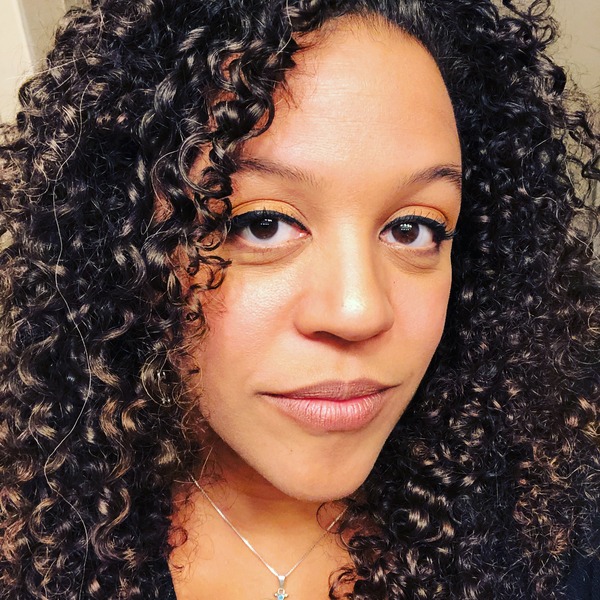Jessica WareNobel Conference 59

Jessica Ware
Associate Curator of Invertebrate Zoology, American Museum of Natural History
(Bio)Diversity
Insects are by far the most diverse group of animals on the planet. Scientists have identified more than 925,000 species, but somewhere between two and 30 million are still to be described! This means that the work of taxonomists–scientists who develop organizing schemes with which to identify, name, and group insects–is essential to the task of understanding just how big an impact insects have on our planet.
Entomologist Jessica Ware documents diversity in insect populations. Her work increases scientific understanding of the role diversity plays in each population and of the ways population diversity changes with time and location. Documenting diversity also enables scientists to measure how, when, and why insect populations change. This research can be important for understanding catastrophic declines in insect abundances as well as the impacts of such declines on whole ecosystems. Finally, Ware’s work provides tangible evidence for evolution, by creating valuable reference points for variations in populations and changes in traits over time. We may not regularly see or think about the role insects play in maintaining life as we know it, but they are essential players in the ecosystem and Ware’s research strives to uncover just how big that role is.
Jessica Ware is an entomological taxonomist and evolutionary biologist – she works to identify, name, and group insects based on different characteristics and assess how they vary over time and geographical locations. She is particularly interested in the evolution of behavioral and physiological adaptations in insects, meaning how insects’ external actions and internal biology change over time as they experience changing environmental conditions and different geographies. Ware’s research focuses on insects from two different orders, which include dragonflies, damselflies, termites, cockroaches, and mantises. To conduct her research, she uses phylogenetics and phylogenomics, branches of science that reconstruct evolutionary history and relationships among organisms using molecular information such as genomic sequences.
Ware is an active proponent of encouraging people from under-represented groups to become entomologists. To further that aim, she co-founded Entomologists of Color and co-organizes #BlackInEnto week. She has also served as the president of both the Worldwide Dragonfly Association and the Entomological Society of America
Ware is an associate curator of invertebrate zoology at the American Museum of Natural History. She was awarded the Presidential Early Career Award for Scientists and Engineers, the highest honor bestowed by the U.S. government on outstanding scientists and engineers beginning their independent careers.